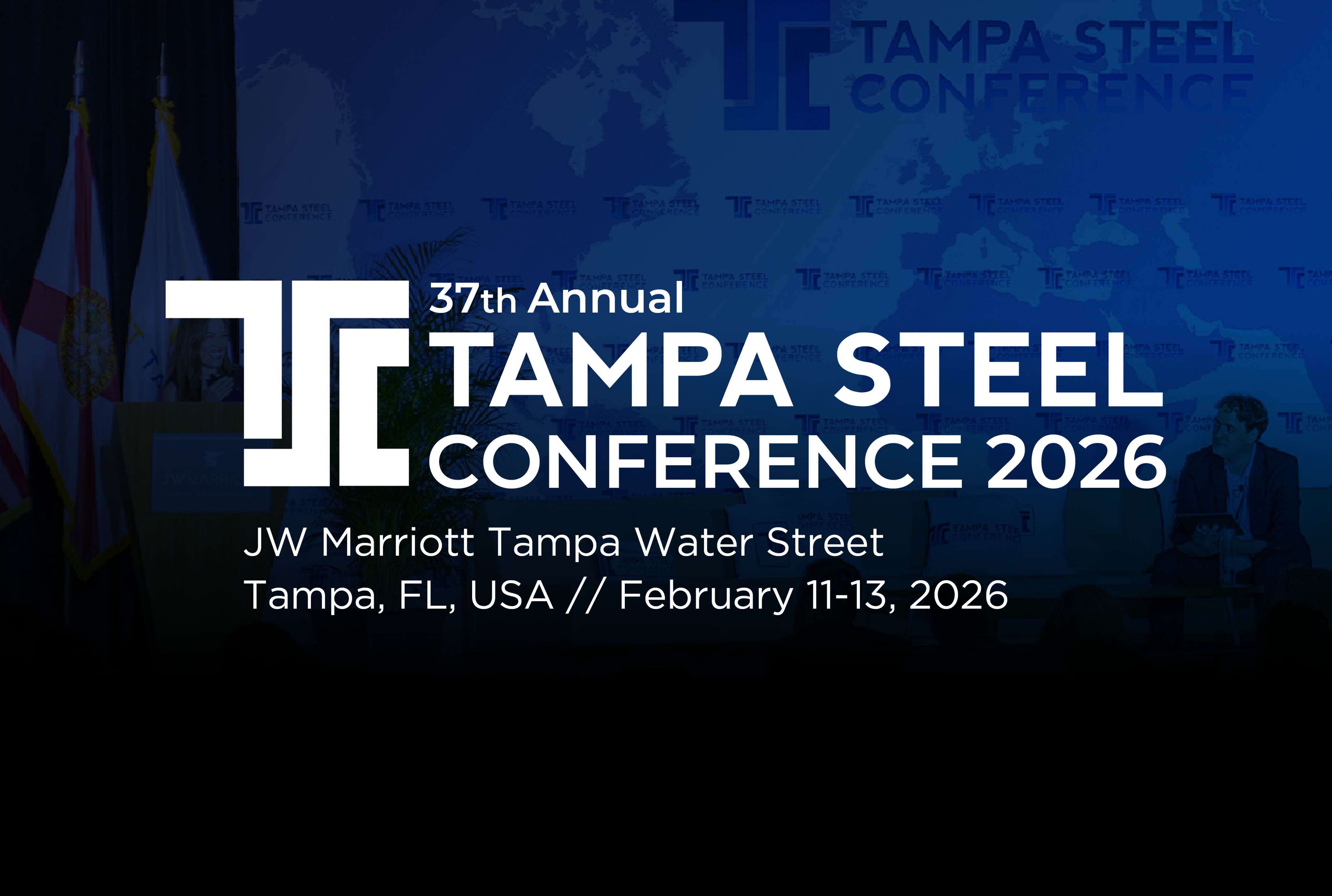Community Events
April 2, 2023
CRU: Glencore Says Australia Is More Challenging for Miners
Written by CRU Americas
The risks of doing business in Australia are greater following a slew of government interventions and tax rises, according to Gary Nagle, CEO of miner and commodity trader Glencore. His comments coincided with the South Australian Chamber of Mines and Energy issuing figures showing the resource sector’s increased importance to the state.
![]() “Australia has become more challenging. It’s generally acknowledged in the industry that Australia and Canada were the benchmarks in terms of secure investment jurisdictions,” Nagle was quoted as saying by The Australian newspaper. “What we’ve seen over the last 12 months or so is some gap opening up between Canada and Australia.”
“Australia has become more challenging. It’s generally acknowledged in the industry that Australia and Canada were the benchmarks in terms of secure investment jurisdictions,” Nagle was quoted as saying by The Australian newspaper. “What we’ve seen over the last 12 months or so is some gap opening up between Canada and Australia.”
He added: “There is a finite pool of capital that is allocated to projects around the world and Australia has probably become a less obvious place to invest incremental capital over the last 12 months.”
Swiss-based Glencore has been hit by royalty increases and heritage considerations. The company has also been critical of the national government’s climate policy.
Glencore cancelled plans to develop the Valeria metallurgical-thermal coal project in Queensland because of national industrial relations changes and higher levies which, Nagle said, the state government brought in without industry consultation.
The company has also put on ice an expansion of the Glendell metallurgical-thermal coal mine in Hunter Valley, New South Wales, after an adverse ruling on heritage concerns.
Concerning climate policy, Glencore has said the government’s reforms need to achieve emissions reductions without destroying jobs and investments critical to the national economy.
Meanwhile, the South Australian Chamber of Mines and Energy says the resource sector contributed more than A$10.7 billion (US$7.15 billion, €6.60 billion) of spending in the local economy, equivalent to more than 8% of gross state product, in the financial year ending last June.
“The 2021-22 data represents an 81% uplift from the last economic analysis conducted in 2019-20, which recorded $5.9 billion in direct and indirect spending and 5.3% gross state product,’’ local newspaper The Advertiser quoted the chamber as saying.
Chief executive Rebecca Knol added: “The results are testament to the resilience of the sector which has safely operated throughout the Covid-19 pandemic, helping to maintain the economic health of the state despite navigating travel restrictions, lockdowns, absenteeism and supply chain impacts.”
Fifteen resource companies employed 7,825 people directly and supported 42,832 indirect jobs in 2021-22, according to the chamber.
This article was published on March 30 by CRU Analysis.





